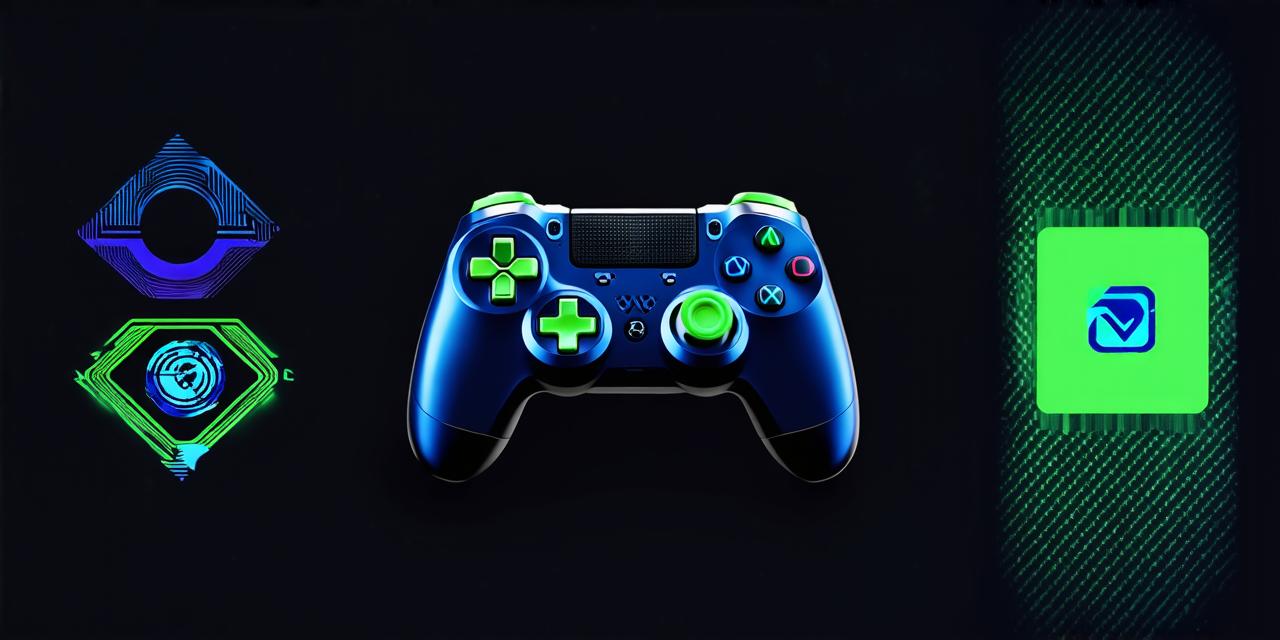
When it comes to creating immersive and engaging video games, there’s no shortage of software available to game developers.
From 2D graphics editors to complex programming languages, the tools at a game developer’s disposal can be overwhelming. In this comprehensive guide, we’ll explore some of the most popular software used by video game developers, as well as their benefits and drawbacks. We’ll also provide some tips on how to choose the right software for your needs and budget.
Unity 3D: The All-in-One Game Engine
Unity 3D is one of the most popular game engines in use today, with a wide range of features and tools that make it accessible to developers of all skill levels. It’s used for creating both 2D and 3D games, from simple mobile apps to complex console and PC games.
- Cross-platform development: Developers can create a game once and deploy it on multiple platforms with Unity 3D, including Windows, Mac, iOS, Android, and more.
- Asset store: Unity 3D has an extensive asset store, which includes pre-made models, animations, and other assets that can save developers time and money.
- Scripting: Unity 3D supports a variety of programming languages, including C and JavaScript, allowing developers to write custom scripts for their games.
- Physics engine: Unity 3D comes with a built-in physics engine, which allows developers to create realistic and dynamic game environments.
One of the biggest advantages of using Unity 3D is its accessibility. It’s easy to learn and use, making it a great option for beginners or small teams. However, some developers may find it limited in terms of customization options and performance compared to other engines.
Unreal Engine: The Powerhouse Game Engine
Unreal Engine is another popular game engine that’s used by many professional game developers. It’s known for its advanced graphics capabilities and powerful tools for creating complex game environments.
- Blueprints visual scripting: Unreal Engine includes a visual scripting system called Blueprints, which allows developers to create games without writing any code.
- Real-time rendering: Unreal Engine is capable of real-time rendering, which means that developers can see what their game looks like as they’re building it.
- Physics engine: Unreal Engine comes with a built-in physics engine, which allows developers to create realistic and dynamic game environments.
- Plugins and integrations: Unreal Engine has a wide range of plugins and integrations available, including support for popular programming languages like C++ and Python.
Unreal Engine is ideal for large-scale games that require advanced graphics capabilities and complex gameplay mechanics. However, it can be more difficult to learn and use compared to other engines, making it less accessible for beginners or small teams.
Construct 3: The Easy-to-Use Game Development Platform
Construct 3 is a popular game development platform that’s designed to be easy to use and accessible to developers of all skill levels. It’s used for creating both 2D and 3D games, as well as mobile apps and web applications.
- Drag-and-drop interface: Construct 3 uses a drag-and-drop interface, making it easy to build games without writing any code.
- Pre-made assets: Construct 3 includes a library of pre-made assets, including characters, backgrounds, and sound effects, which can save developers time and money.
- Integrations: Construct 3 integrates with a wide range of tools and services, including social media platforms and game analytics.
- Cross-platform development: Construct 3 allows developers to create games that run on multiple platforms, including Windows, Mac, iOS, and Android.
Construct 3 is ideal for beginners or small teams who want to create games quickly and easily without having to learn a lot of programming.




